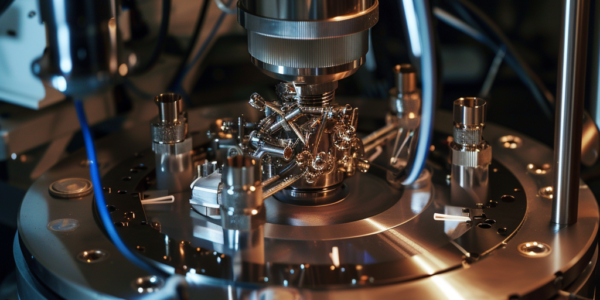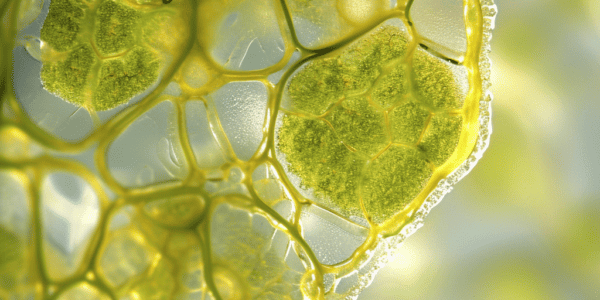Altering Wastewater to Slow Climate Change
A study suggests that adding alkaline chemicals to wastewater discharged into the oceans could increase CO2 sequestration, potentially mitigating climate change. This approach aims to reduce acidity of wastewater and remove carbon dioxide from the atmosphere, offering a sustainable method to lower CO2 levels.
New Tech Turns CO2 into Chemicals with 93% Efficiency, Runs Record 5000 Hrs
New tech developed at Huazhong University of Science and Technology in China has achieved a 93% efficiency in turning CO2 into chemicals, running for a record 5000 hours. This breakthrough could revolutionize industrial-scale projects aimed at reducing carbon dioxide in the atmosphere.
Ocean-Based Viruses and Climate Change
Discover how ocean-based viruses are being utilized to combat climate change by enhancing carbon capture and preventing methane release. Scientists are leveraging genomic sequencing and artificial intelligence to identify viruses integral to carbon metabolism and develop community metabolic models for improved carbon capture in the world’s oceans.
Breakthrough in Carbon Dioxide Waste Conversion
McMaster University researchers, in collaboration with experts at Copenhagen’s Danish Technical University, have made a breakthrough in carbon dioxide waste conversion. Their research focuses on an electrochemical process to capture and restructure carbon dioxide into fuel and plastics, offering promise for mitigating air pollution and creating valuable products. The study’s findings have significant implications for the advancement of carbon dioxide conversion technologies and sustainable waste management.
Study Shows Global Warming’s Impact on Forest Carbon Uptake
Forests are considered the most effective and abundantly available carbon sinks, capable of storing and sequestering millions of tonnes of carbon dioxide from the atmosphere. A new study from India joins emerging research that challenges this notion, showing that carbon…
Physicists Trap Atoms of Krypton Inside Carbon Nanotube
Physicists at the University of Nottingham have made a groundbreaking discovery using advanced transmission electron microscopy (TEM) methods. They have successfully trapped atoms of krypton inside a carbon nanotube to form a one-dimensional gas. The study, led by Cardillo-Zallo et…
Global Research Finds Warmer Temperatures Driving Woody Vines to Take Over World’s Forests
As Earth records its hottest year ever, a global research collaboration has found warmer temperatures are a key driver in woody vines taking over the world’s forests—threatening their vital role in helping cool the atmosphere by storing carbon. Spanning 44…
Scientists Make Groundbreaking Discovery on Confined Microalgal Cell Growth in Photosynthetic Engineered Living Materials
Scientists from TU Delft have made a groundbreaking discovery on how confined microalgal cells can grow optimally in photosynthetic engineered living materials. These microalgae, using light energy, convert CO2 from the air into sugars, energy, and oxygen for their survival….
Groundbreaking Discovery: Bottom Trawling Releases 370 Million Tonnes of CO2 Annually
Scientists have made a groundbreaking discovery about the impact of bottom trawling on the environment. The practice of dragging massive nets along the seabed to catch fish has been found to release a staggering 370 million tonnes of carbon dioxide…
ETH Zurich Researchers Unveil Groundbreaking Light-Based Method for Capturing Greenhouse Gases
This week, researchers at ETH Zurich have unveiled a groundbreaking method for capturing greenhouse gases using light. The new process, developed by a team led by Maria Lukatskaya, professor of electrochemical energy systems, utilizes the differences between dark and light…










